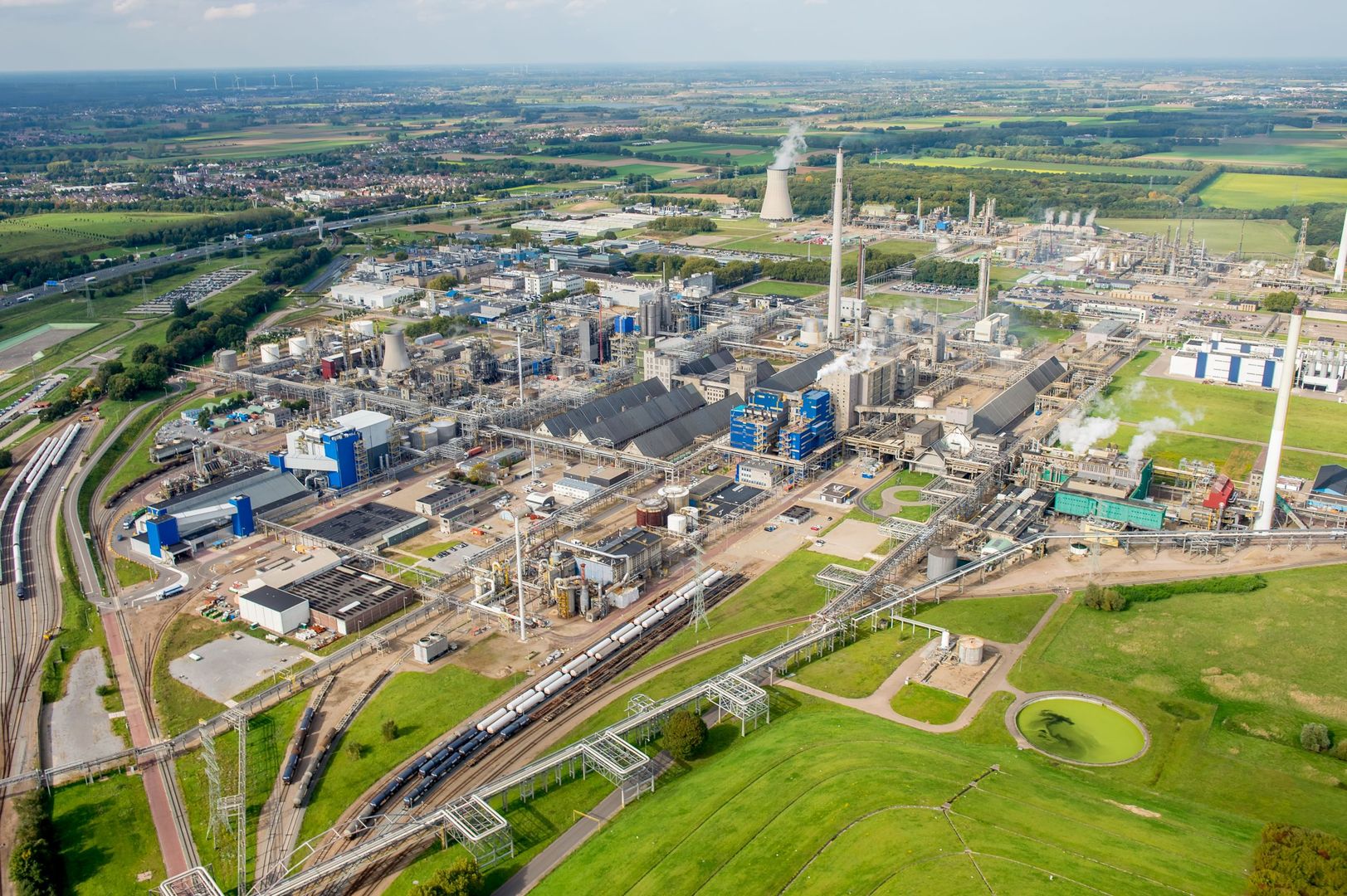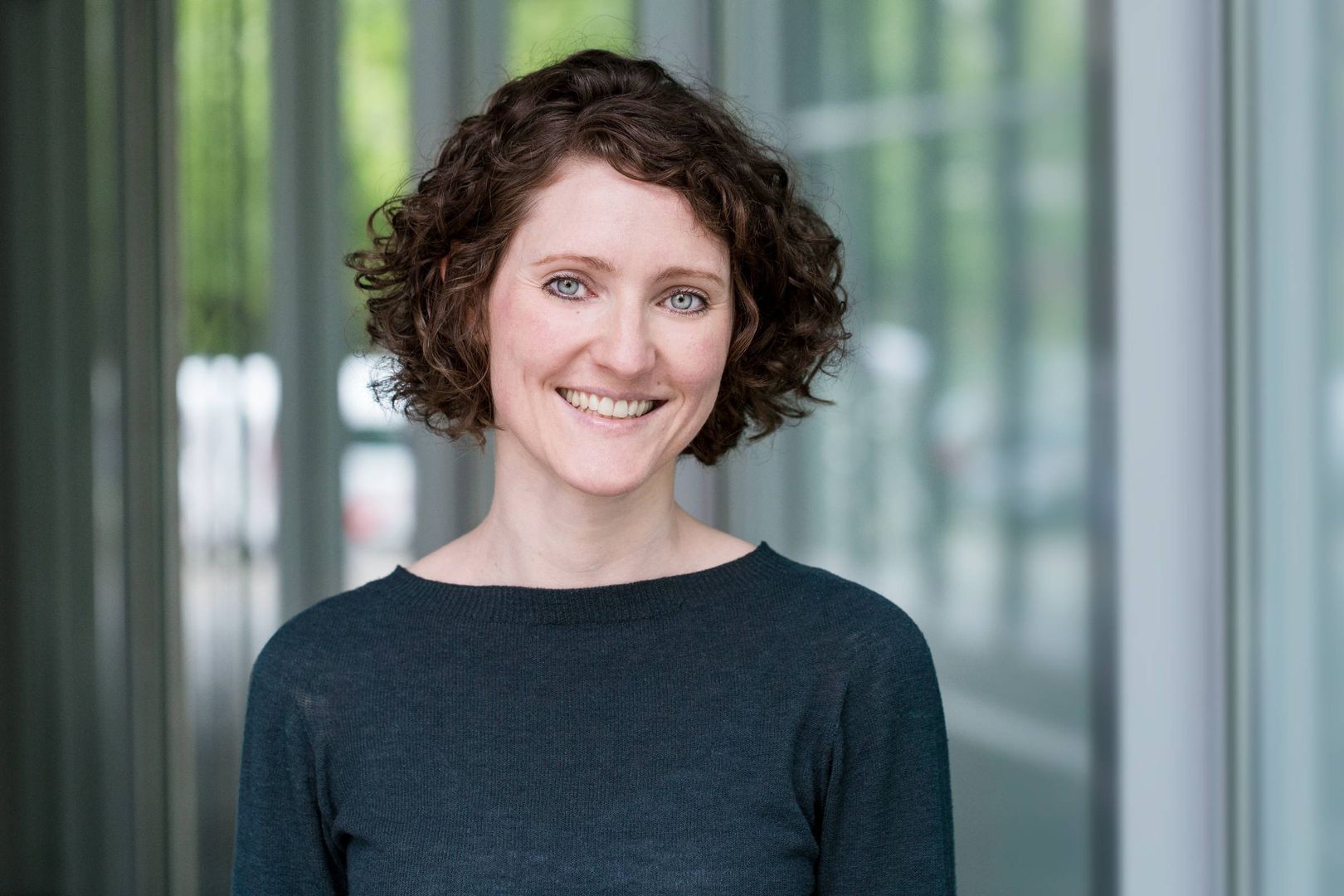Next Kraftwerke and USG Industrial Utilities provide reserve power at the Chemelot chemical cluster
USG Industrial Utilities and Next Kraftwerke are providing negative mFRR (manual Frequency Restoration Reserve, also known as noodvermogen) to the Dutch grid zone of the Transmission System Operator (TSO) TenneT.

The project partners USG and Next Kraftwerke successfully prequalified an emergency air compressor for the provision of negative mFRR. mFRR is one of the three types of frequency restoration reserves the TSO can activate to stabilize the power grid. Within the past half year, TenneT activated USG’s compressor twice and in both cases the provision of reserve power worked perfectly.
The emergency air compressor K2001 is part of USG’s technical equipment to secure a smooth operation of the chemical companies located in Chemelot, a large chemical park in the southern part of Limburg. As the compressor is an important asset, it is always on standby, and USG tests its operating ability once a week. The electricity which is consumed during these tests can now be used to level out frequency deviations in the Dutch power grid. The emergency air compressor forms part of Next Kraftwerke’s Virtual Power Plant which aggregates a variety of assets which either consume or produce electricity. When TenneT sends a reserve power demand to Next Kraftwerke, its remote-control unit called “the Next Box” transmits this request to the compressor and starts the test procedure, avoiding a planned weekly test. As K2001 has an electrical power of 2 MWe its power consumption is considerable. “For us, the emergency air compressor is the most suitable asset to provide negative control reserve. It’s always available, fully automated and doesn’t interfere with other production processes of the chemical companies,” explains Sonny Schepers, Senior Sustainability Engineer & Advisor Commercial Affairs at USG.
The prequalification process of K2001 consisted mainly of two steps: The compressor was registered, and it had to be tested whether it met the required Full Activation Time (FAT) of 12.5 minutes. During the test, K2001 was able to demonstrate that it met the FAT requirement.
By providing control reserve, a utility and grid company like USG can not only generate additional revenue, but also contribute to the development of a stable electricity system that is increasingly based on renewables. “Flexibility is one of the most important factors when integrating more and more renewables into our power grid. This project shows that there is so much potential in industrial companies that we can use to compensate for the volatility of renewable energy production and stabilize the electricity grid,” says Jan De Decker, CEO Next Kraftwerke Benelux.
The project fits well into USGs sustainability strategy, too. As a utility company that, among other services, supplies chemical companies with electricity, USG is looking for more possibilities to contribute to a future grid based on green energy. “For USG, this is a pioneering project. We learned a lot about what tools and assets we can use for the provision of control reserve, and we are confident that we can identify several more similar projects on Chemelot, which can be realized,” says Sonny Schepers.
Press Contact
Lotte Lehmbruck
Do you have a press enquiry or would you like to be added to the press distribution list? Get in touch

